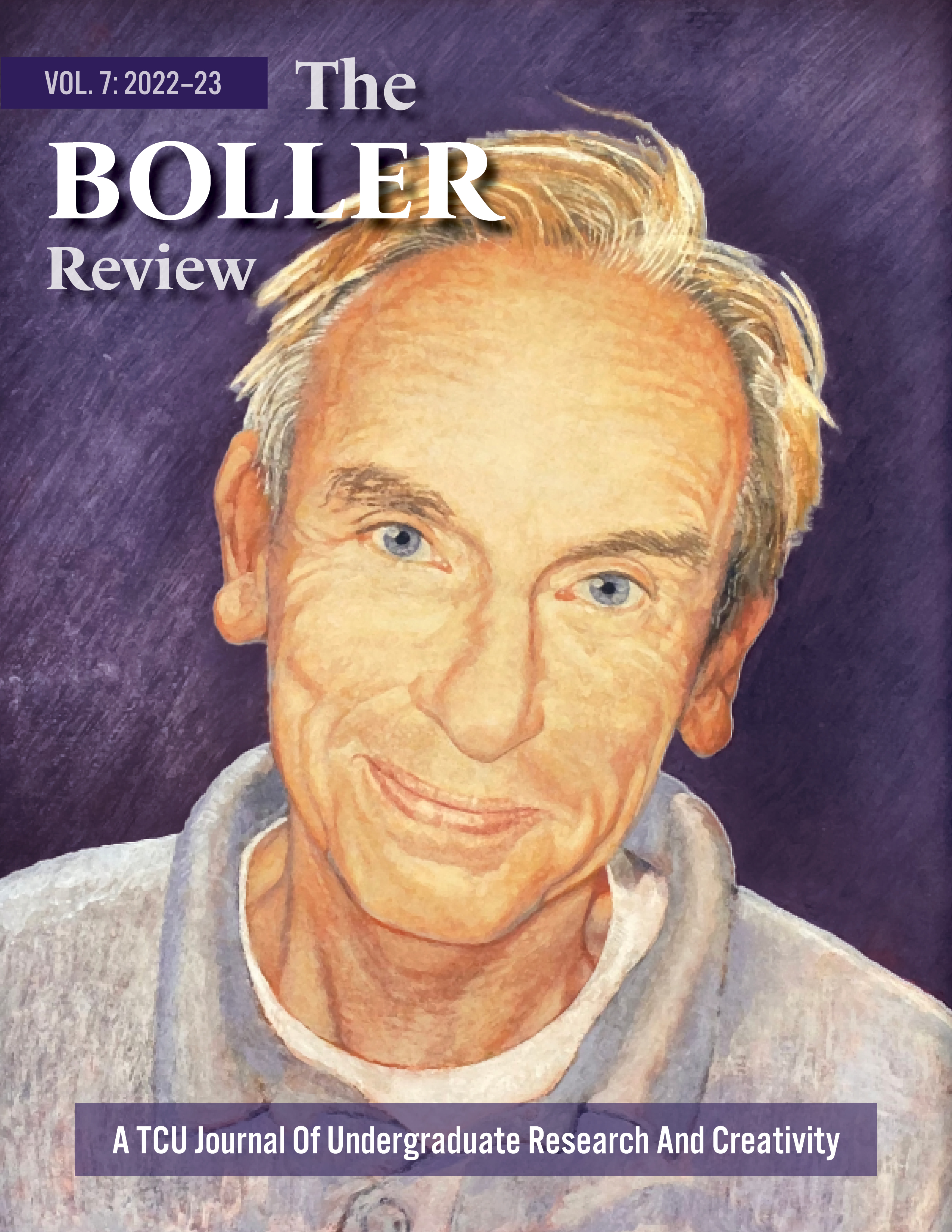Comparative Analysis of Texan CTE and Australian VET Programs
Main Article Content
Abstract
Texas is facing a worker deficit crisis for the nearly 1 million “middle skill” jobs requiring applicants to possess industry-based certifications earned through technical training and learning- think plumbers, dental assistants, estheticians, and mechanics. Since our society heavily depends on the contributions of middle-skilled workers for proper functioning, the recent deficit in qualified applicants has elicited significant operational disruptions throughout Texas. Career and Technical Education (CTE) is a secondary school framework that aims to “provide individuals with rigorous academic content and relevant technical knowledge and skills needed to prepare for further education and careers.” CTE is just one of the many avenues of advancement Texas schools are pursuing in hopes of graduating a new generation of career-ready citizens who can resolve the middle-skill worker crisis. However, CTE is far from perfect, and Texas could benefit greatly from referencing successes of international vocational frameworks to inform their curriculum decisions and revisions. This research outlines a comparative analysis of Texan CTE and Australian Vocational Education and Training (VET) conducted using data from three avenues of query: subject matter expert interviews, CTE student survey results, and scholarly references. This analysis concluded that CTE is designed to expose students to diverse postgraduation career options, while VET places focus on students earning industry-based qualifications via on-site experience. In other words, CTE offers exploration of a breadth of vocational offerings, while VET offers depth of tangible outcomes for students in desired middle-skill industries. In reflecting on these discoveries, Texas would benefit from integrating aspects of the Australian School-Based Apprenticeship and Traineeship (SBAT) model into its present CTE framework to simultaneously address the middle-skilled worker crisis while providing students with a more fruitful and flexible educational experience.
Comments from Mentors
Working alongside Abigail as she pursued this research study was an honor, and this study is really a capstone and showcase of the quality work Abigail produced during her four years at TCU. This study sheds light on an important topic for high school students in Texas and beyond. She not only highlighted the differences between how career and technical education (CTE) is structured and delivered between Texas and Australia, but she also showed the differences in attitudes toward CTE that exist between these two countries. Hopefully, studies like this can ignite a change in perceptions toward CTE and help create pathways to rewarding careers for more Texas students in the future.
